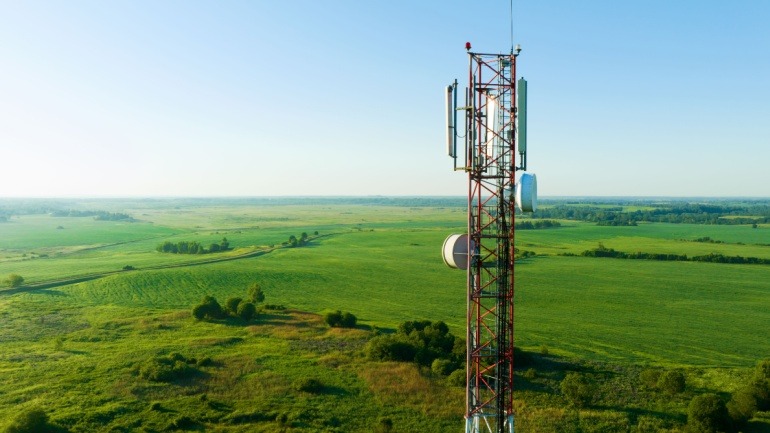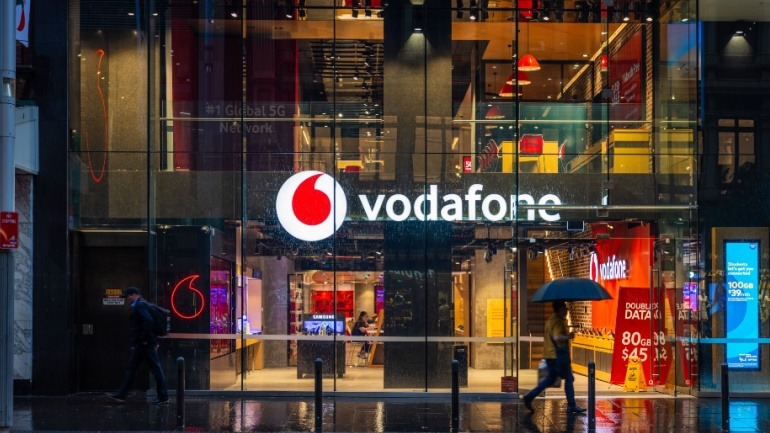Using its mobile network in an innovative manner, Vodafone is conducting a trial in the River Severn catchment area to predict short-term rainfall, a forecast style also known as ‘nowcasting’. The trial, a result of a collaboration with River Severn Partnership Advanced Wireless Innovation Region (RSPAWIR) and Wireless DNA, explores how the inherent physical properties of wireless communications can assist in weather predictions.
Smartly utilizing electromagnetic spectrum signals, which are weakened by rain, Vodafone aims to use these altered signal strengths as indicators of impending rainfall. The company collaborates with Wireless DNA to monitor and analyze the signal data from Vodafone’s microwave links between masts. This approach, advocates of the trial argue, could provide a greater accuracy and detail in short-term rainfall predictions than traditional weather stations or radar.
This collected data is intended to assist the River Severn Partnership in enhancing early warning systems and planning for flood defenses. With climate change leading to more frequent and severe storms, this technology could prove crucial for improving community response and preparedness.
“Storms and extreme weather are becoming more frequent and destructive. Working with River Severn Partnership, we can use our cutting-edge technology to provide greater insight on weather forecasting and help mitigate the impact of extreme events,” said Nick Gliddon, Director, Vodafone Business UK. Through this partnership, the company sees its innovation extending beyond telecommunications, affecting residents and communities across the UK.
This work is also hinting at technologies that may come with 6G, where Integrated Sensing and Communications (ISAC) will gain prominence, enhancing sensing capabilities through communication networks. Such developments could enable mobile networks to provide functionalities akin to radar—detecting objects such as birds or drones several kilometers away, potentially benefiting sensitive locations like airports and ports.
While using wireless networks as sensors is not revolutionary, its application via mobile networks remains largely untapped, except in specialized fields such as Wi-Fi sensing for home security. By showing the scope of traditional mobile networks, Vodafone is paving the way for industries to explore similar innovation paths.







